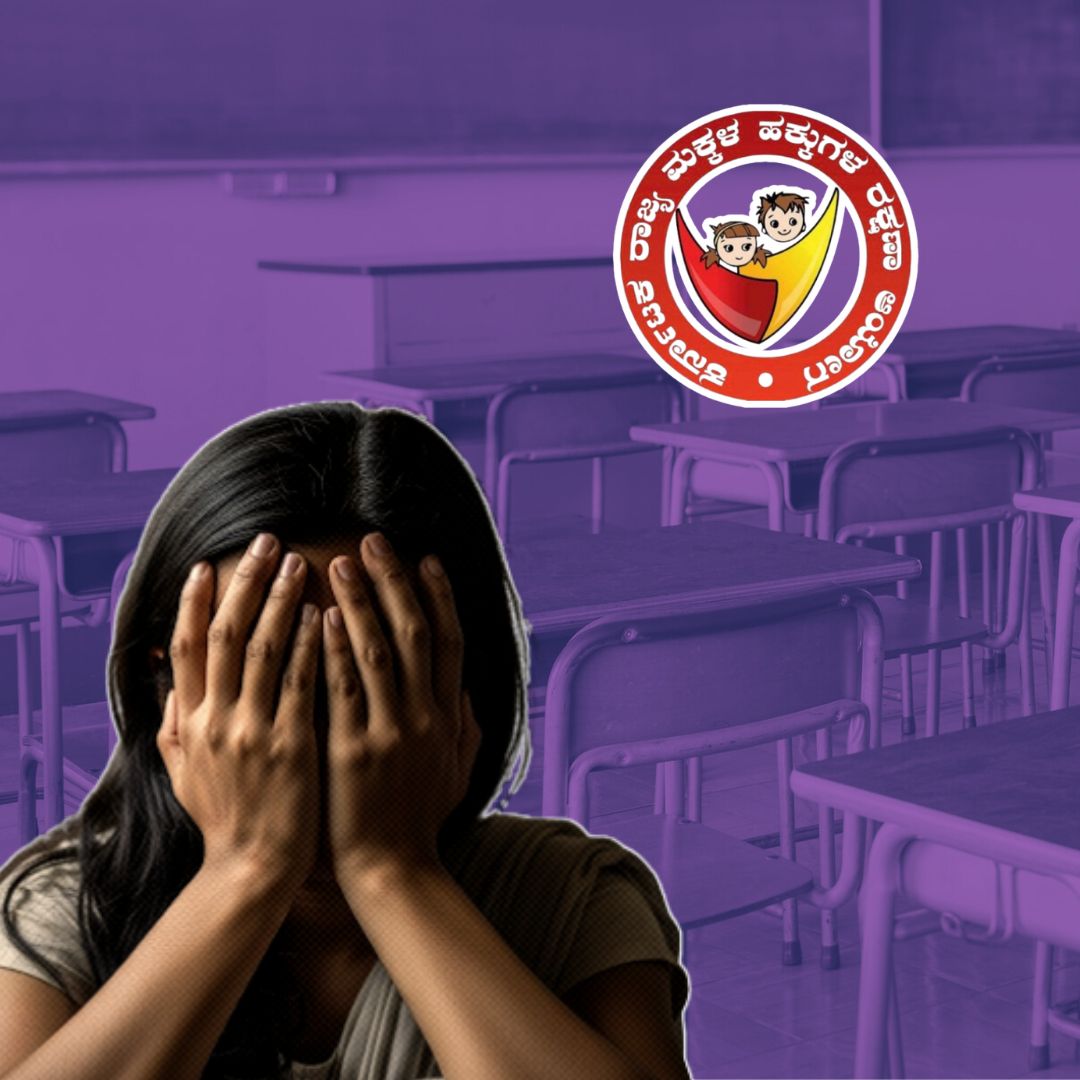A shocking incident unfolded on August 27, 2025, in Shahapur, Yadgir district, Karnataka, where a 14-year-old Class 9 student delivered a baby boy in the washroom of her government residential school. Both mother and child are stable and receiving medical treatment.
The Karnataka State Commission for Protection of Child Rights (KSCPCR) has ordered a detailed inquiry into the matter. The hostel warden and other officials are under scrutiny, with suspensions and legal actions underway. Counselling support has been extended to the girl and her family as investigations continue regarding negligence and possible child abuse or early marriage.
Delivery in the School Washroom and Official Reactions
The young student went into labour during school hours and gave birth in the school washroom without assistance, as the pregnancy was kept hidden from school authorities, classmates, and family. The incident only came to light the day after the delivery. KSCPCR member Shashidhar Kosambe expressed deep concern over multiple lapses, including inadequate health monitoring by local health officials and negligent school supervision.
He urged the Deputy Commissioner of Police (DCP) in Yadgir to visit the site and lodge a formal case under the Protection of Children from Sexual Offences (POCSO) Act against the school principal, warden, staff nurse, and other responsible personnel. This incident has sparked widespread public outrage, intensifying debates on child safety in institutional settings.
Background Context and Systemic Concerns
The girl had been residing in the government hostel and managed to keep her pregnancy hidden despite monthly health check-ups, illustrating critical gaps in monitoring and care in residential schools. Additional concerns have been raised about the possibility of child marriage or abuse, underscoring the vulnerability of minors in such institutional environments.
The suspension of the hostel warden reflects attempts at administrative accountability. The incident highlights persistent systemic challenges, including deficient health surveillance, lack of comprehensive sexual education, and limited supportive environments for children to share sensitive information without fear or stigma.
Rising Teenage Pregnancies in India: A Persistent Challenge
Teenage pregnancy continues to be a significant issue across India, with states like Karnataka reporting over 25,000 cases between April 2024 and February 2025 alone. Many of these pregnancies remain hidden due to social stigma and lack of education, leading to late discovery during medical emergencies. Factors such as child marriage, poverty, and insufficient sexual health awareness contribute to this complex problem, highlighting urgent needs for better education, support, and protection for adolescent girls.
The Logical Indian’s Perspective
This deeply disturbing event serves as a grim reminder of the urgent need for stronger protective frameworks and compassionate, proactive care for children in educational institutions. It is vital to ensure that schools and hostels not only provide a secure physical environment but also foster trust and open communication so that children feel safe disclosing distressing situations early.
Alongside enforcement actions and inquiries, the focus must shift to robust sexual and reproductive health education, regular medical monitoring, and accessible counselling services tailored to young students. The societal dialogue should centre on empathy, awareness, and systemic reform to prevent recurrence of such harrowing incidents.










